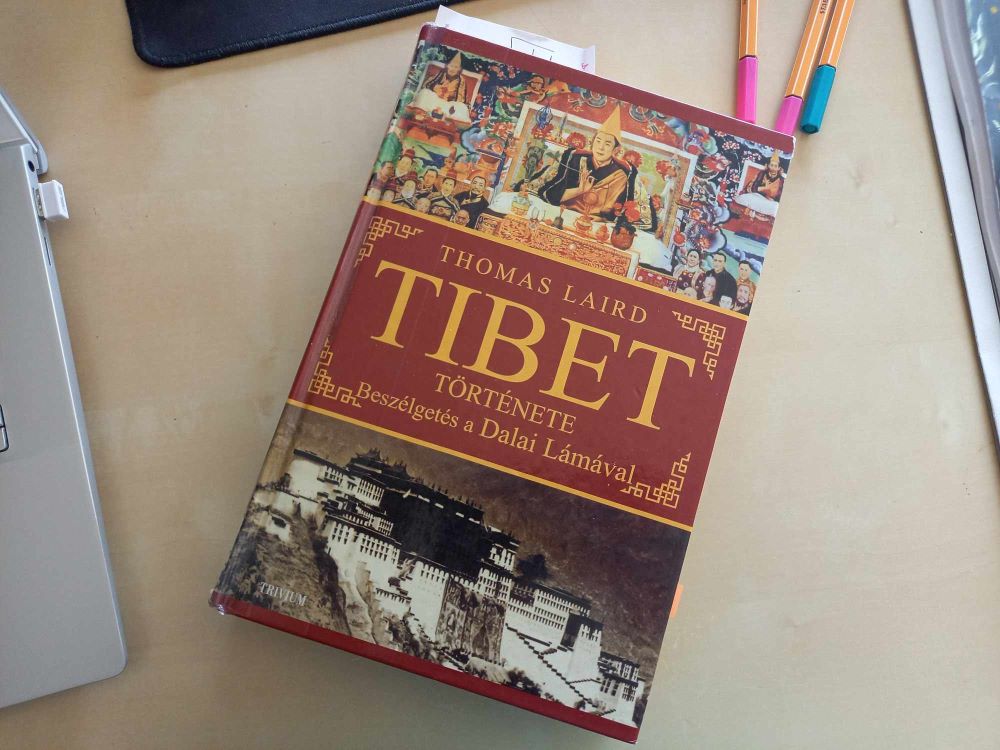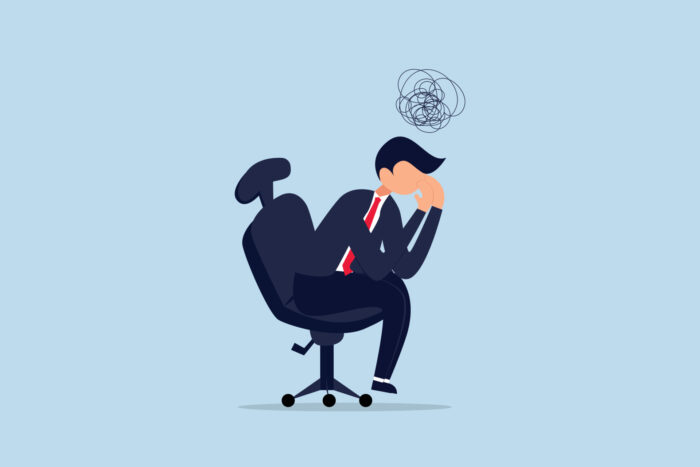A few months ago, I had two particularly tough days in a row, dealing with moderately difficult tasks and very difficult people.
In one case, I was mediating the signing of a large contract. The subject matter wasn’t too complex, as we had already agreed on almost all practical details in advance, and both parties wanted the contract. However, the negotiation was complicated by a mountain of anxiety and distrust on one side, which led to aggression that was difficult for the other party and me to handle. It was like a seesaw – we would reach a relative balance, making the contract signable. Then, a couple of comments would upset the balance, and we’d have to find a new equilibrium. On one hand, I felt a positive tension as I thought and brainstormed about how to bring the positions closer, but I also had a knot in my stomach worrying whether it would work and if there was an ethical solution where both parties could feel at ease and a good cooperation could be established.
The following day, I felt a deep sense of helplessness in another task. I was supposed to discuss a financial report in English, but I couldn’t understand my conversation partner, who had language difficulties and no prior financial knowledge. This frustrated him to the point that we quickly shifted from an adult-adult conversation to a confrontational one.
Both situations eventually resolved, and afterward, I analyzed every aspect of what I could do differently next time to keep things on track. However, I struggled with the bad feelings for quite some time.
Two useful thoughts for this analyzes came from an unexpected source: Thomas Laird’s The Story of Tibet. I’d like to share them in case they might help someone else as well.
The first is about "eliminating involvement." During a conversation with the Dalai Lama, something unexpected happened, and everyone else was a bit scared and confused. However, he had reached a state through years of meditation where worldly things affected him less. This is brilliant in the sense that, in the long run, the outcomes of both days in my life were completely indifferent, yet they affected me emotionally more than they should have, pressing my buttons and making me carry bad feelings for days.
Of course, I can't instantly incorporate forty years of meditation practice, but working on reducing these emotional triggers and involvement can make everyday life easier. Even being aware of my involvement, like an anchor, might help during work. If I feel I'm getting too involved, it could reduce the emotional burden and help set boundaries.
This was reinforced by another dialogue a few pages later. Here’s a quote from the book (my translation to English, not the original text):
- What about the Christian who condemns all Buddhists to hell?
- I think, fortunately, Buddhists can’t end up in that hell. At least not according to the Christian conception. There is also a Buddhist hell, where one stays as long as one wants, and can leave if one wishes. Even our hells are not the same. Van buddhista pokol is, ahol akkor marad valaki, ha akar, és ki is kerülhet onnan, ha akar. Még a poklaink sem egyformák.
This is the key. How much I take external stimuli personally, how badly I experience them, what I do with them, and how long I carry them with me as a leader all depends on me, or it’s up to me, and I can handle it differently.
The theory, once again, has come together. With each new realization, the level of awareness increases, and so does the chance to practice this skill. It’s time to reflect on how I’m doing today with creating my own hell...





